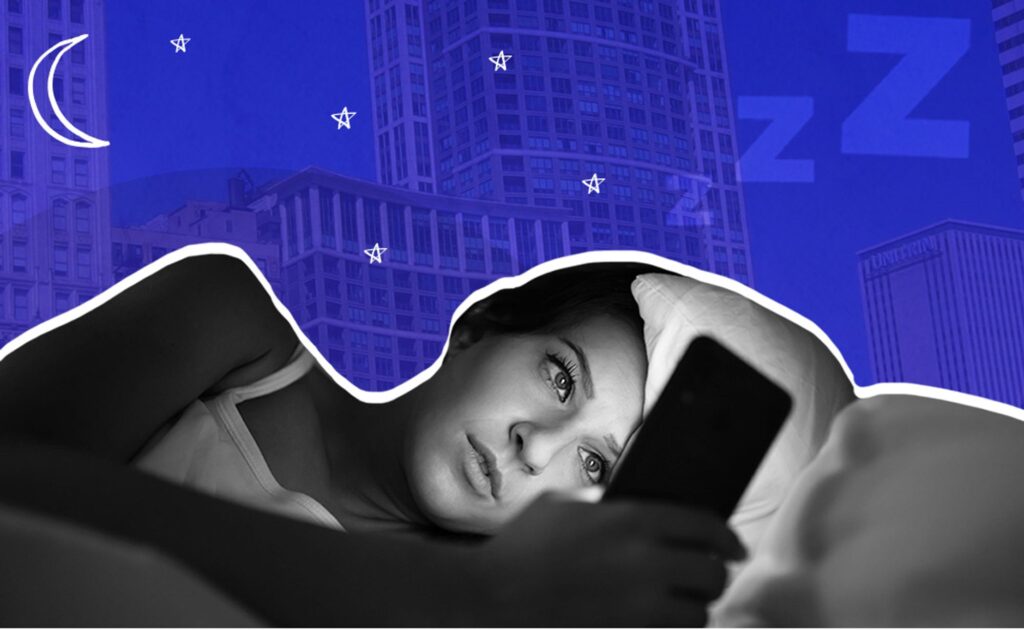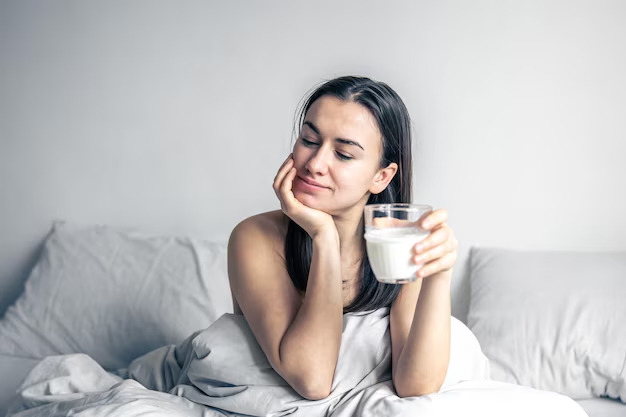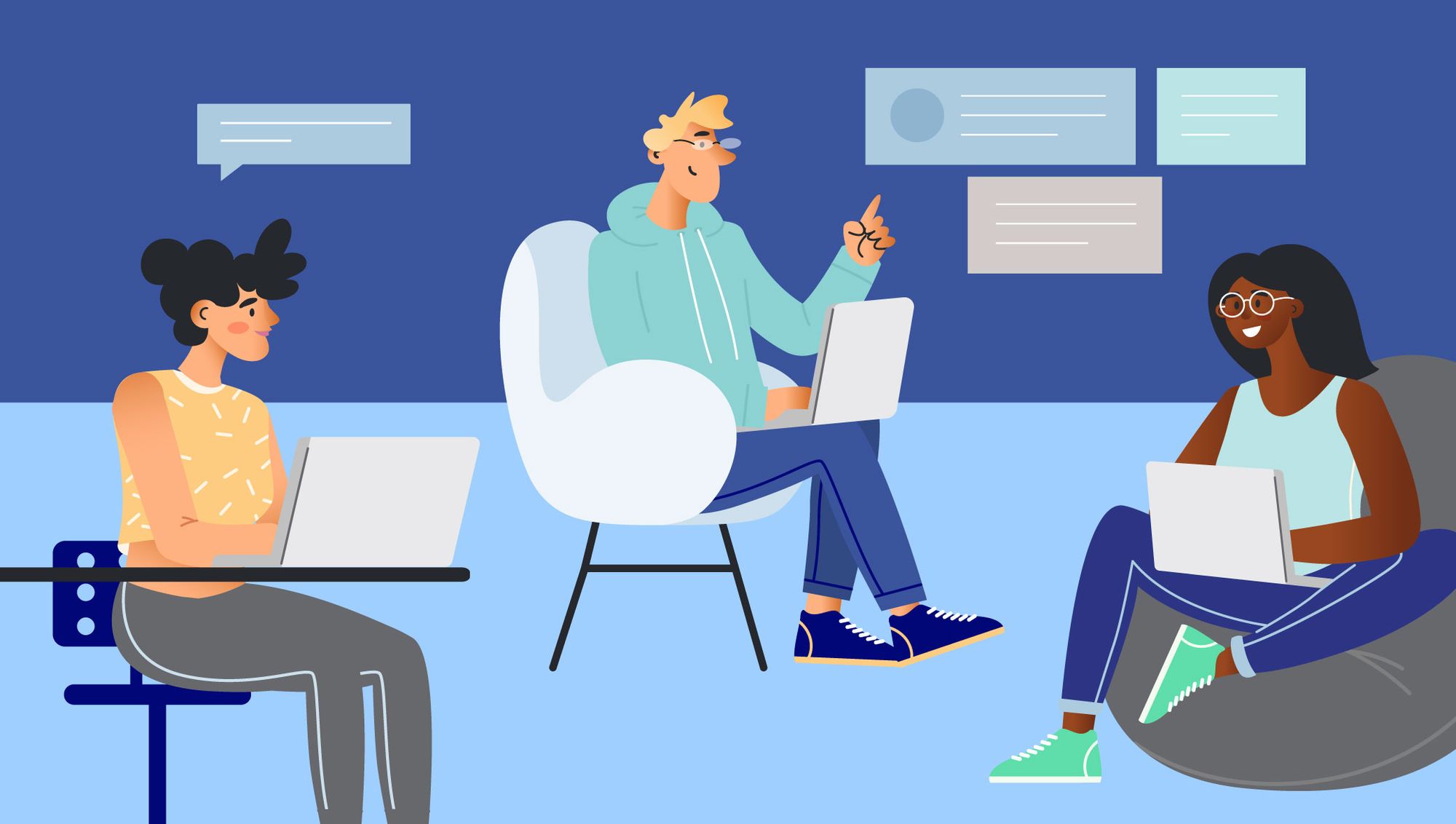
Key Findings
- The millennial experience; phones, not kids, kept them up in their 20s.
- Millennials were 3.8 times more likely to say mental health struggles kept them up in their 20’s than Baby Boomers, 1.6 times more likely than Gen X.
- Millennials rate health and wellness importance as a “C” compared to other responsibilities, lower than both Gen X and Baby Boomers.
- Millennials are 2.23 times more likely to have lost sleep over student loans than Baby Boomers
Gen Zers are faced with the overwhelming presence of social media. Baby Boomers are retiring. Millennials are struggling to buy their first homes. Many of us have heard about the experiences challenging each generation, yet it can be difficult to see the true scale of their differences without concrete numbers.
Millennials, in particular, are uniquely positioned, straddling the pre-and-post development of social media. Norms have shifted and many are prioritizing their careers over starting families. These challenges and experiences can all tie back to our favorite topic here at Sleepopolis.
We surveyed over 1,400 adults in the U.S. to understand generational sleep differences between millennials, Gen Xers, and Baby Boomers to shed light on the challenges that millennials faced in their developmental twenties and now.
The Millennial 20s Experience; Phones, Not Kids, Kept Them Up
In 1970, the average age of a first time mother was 21.4, according to the CDC. (1) That age has been steadily increasing throughout the decades; in 2021, the average age of a first time mother was 27.3, (2) forming generational differences in lifestyle, including sleep habits.
This change is apparent in our data — around a quarter of Gen X and Baby Boomers said that raising children kept them up in their twenties, compared to just 13 percent of millennials.
This doesn’t mean that millennials faced fewer problems with sleep in their formative twenties.
It appears that social media and technology was a top culprit for keeping millennials up at night. Almost half (48 percent) of millennials said that social media or technology kept them up when they were in their twenties. As expected, a much lower proportion of older generations, 12 percent of Gen X and just 3 percent of Baby Boomers, said the same.
Mental health was another commonly reported sleep disruptor by millennials. A shocking 42 percent of millennials said that mental health struggles kept them up in their twenties. This percentage is 3.8 times higher than Baby Boomers and 1.6 times higher than Gen X, speaking to the rising concern of mental health in our young adult population.
Millennials Are Likely To Be Kept Up By Mental Health Struggles, Work, and Technology
When it comes to mental health, 47 percent of millennials say that mental health struggles keep them up now, again significantly higher than Gen X and Baby Boomers. A whopping 66 percent of millennials said that their stress increased in the past 10 years, also higher than Gen X (56 percent) and Baby Boomers (38 percent).
Millennials also said that they noticed a rise in sleep problems at an average of age 31, while Gen X said 36 and Baby Boomers said 51. While there may be a bit of recency bias involved in this significant gap, this goes to show that millennials face unique challenges when it comes to sleep.
A couple of other important findings:
- On a scale of 1 to 10 in terms of importance, millennials rate their health and wellness as 7.5, Gen X rated it 7.8 and Baby Boomers rated it 8.4.
- Millennials are 2.2 times more likely to have lost sleep over student loans than Baby Boomers
Millennial Sleep Tricks
When millennials can’t sleep, it seems like they have some unhealthy coping habits compared to older generations. 22 percent say that they scroll through social media, making this the most popular “can’t sleep” trick for the generation.
For Gen X and Baby Boomers, the most popular trick was just closing their eyes until they fall asleep. This was reported by a higher percentage of Baby Boomers (13 percent) and Gen X (10 percent) than millennials (8 percent).
Not only did technology keep millennials up in their twenties, but it continues to do so at a higher rate than older generations.
Methodology
Sleepopolis surveyed 1,459 adults in the United States on February 19th and 20th of 2024. The survey was conducted through Connect, a crowdsourcing platform created by CloudResearch. The survey consisted of 507 Baby Boomers (1946-1964), 486 Gen Xers (1965-1980), and 466 millennials (1981-1996). Percentages have been rounded to the nearest whole number for readability.

Sources
- https://www.cdc.gov/nchs/pressroom/02news/ameriwomen.htm
- https://www.cdc.gov/nchs/fastats/births.htm




























